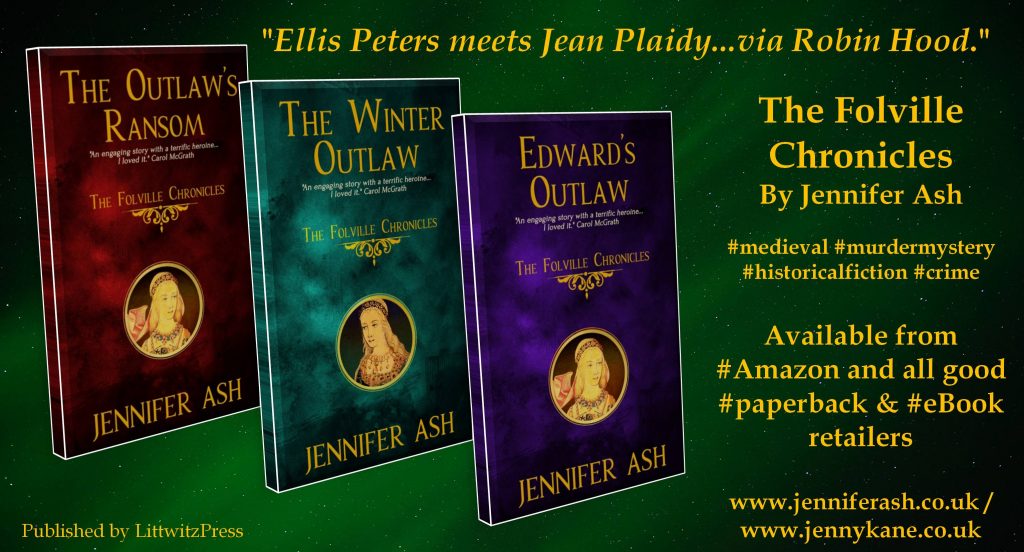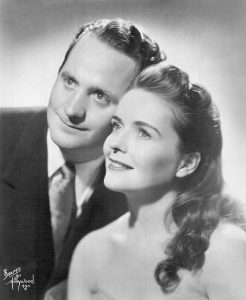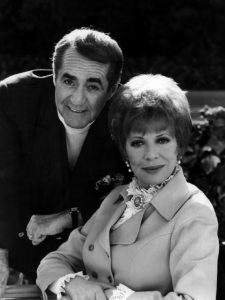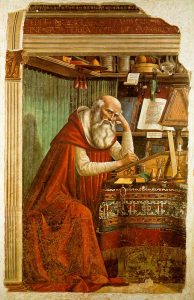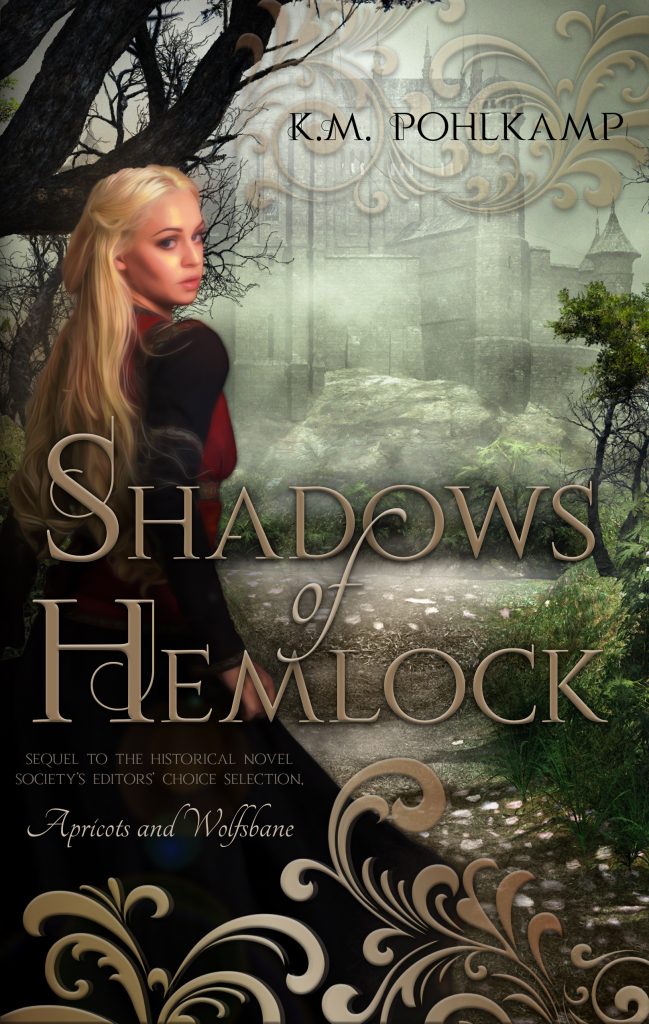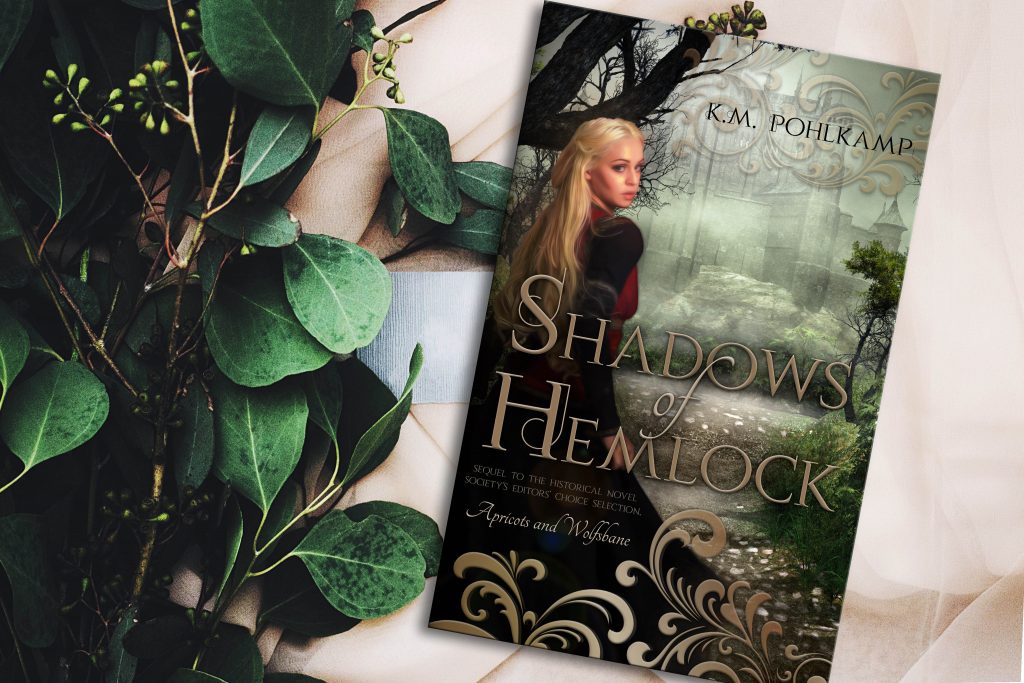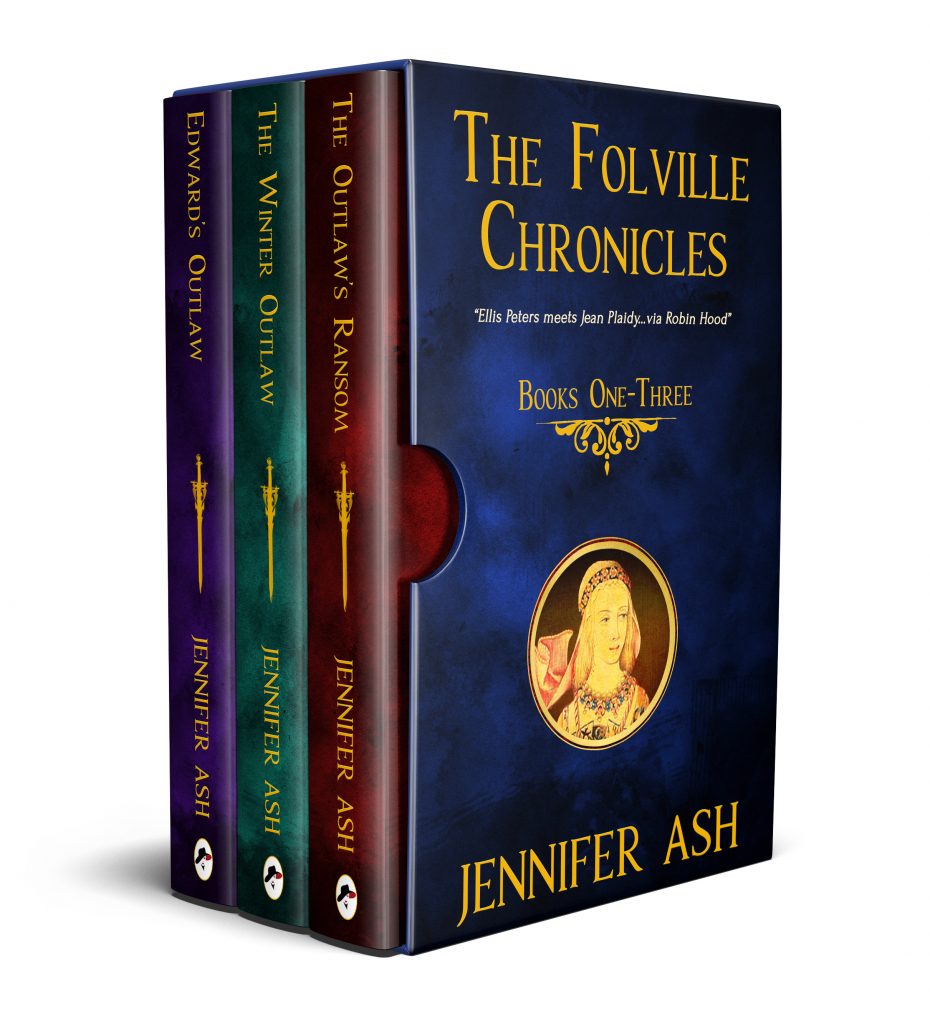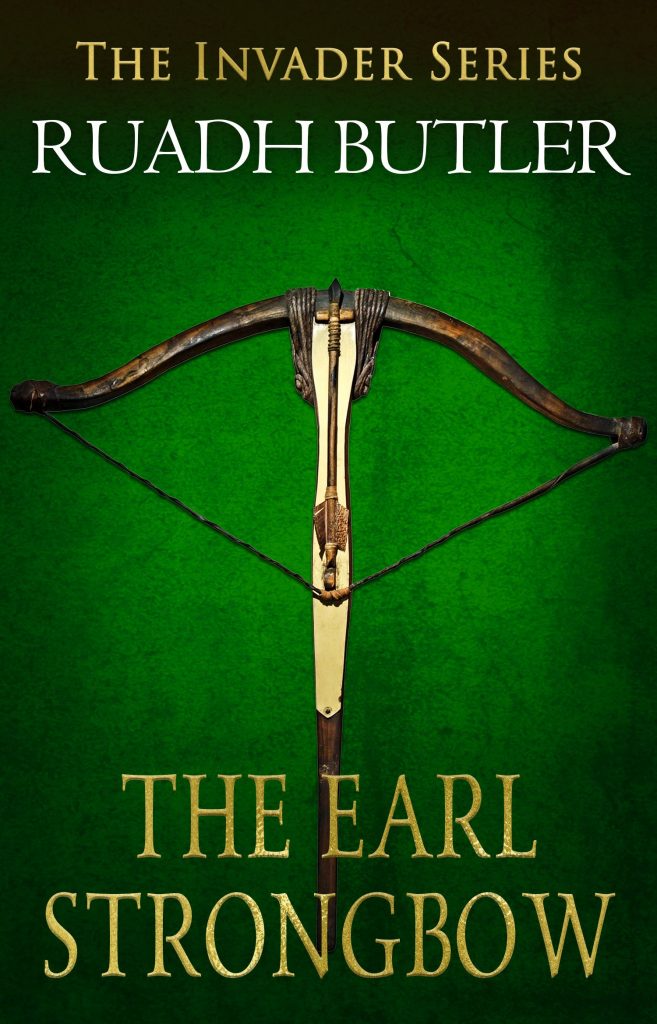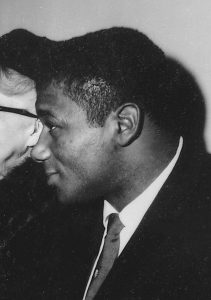Unbelievably, we have reached the end of another month, and here to celebrate (commiserate??) is Nell Peters with her final round up of 2019!
Over to you Nell…

Well shiver me timbers – it’s the last day of November, and now that I’m writing the blog bi-monthly it means this is my last for 2019! How crazy is that? So, better make it a half-decent read, I suppose.
Quite a bit of family stuff suggests itself – excellent, as that involves absolutely no research, just some excavation of the memory bank. I’m so lazy!
Returning to the beginning of October (which seems an awfully long time ago now), we toddled off to the Corn Exchange in town to watch GDII perform in her first dance show – she’s been going to classes on Saturday mornings for about six months now and loves it. Apart from the routines, I was most impressed by the organisation of a large number of small children, including quite a few boys, by half a dozen teachers and chaperones – I had enough problems with four!

The nippers mostly performed according to age and we waited with bated breath for our little star to take to the stage with other six year-olds. She made her entrance in a turquoise tutu, with gossamer wings attached to her back – the latter being an emergency replacement pair after the first were delivered battered and bent into a very unfairly-like shape. GD remembered all her steps but added her own artistic interpretation, when she lifted her skirt to hitch up her tights – I’m afraid she gets her lack of poise and elegance gene from yours truly, other granny being far more refined. OH (no Fred Astaire himself) has suggested she might like to swap the dance lessons for instruction in Sumo wrestling, or similar.

On the work front, confusion reigns. The small, independent publisher I had two books with was taken over/merged with one of the big five – good news you might think? Maybe, but I’m not holding my breath – having been under-published by the original lot (that’s a euphemism for abandoned at launch) it’s not boding well so far as it seems (from the sparse info available) that they will be concentrating on books already in the publication pipeline. Absolutely fair enough as a priority, but they are not taking submissions of new work until 2021(!) – and no real word as yet re the already published books they have taken under their wing. I was not alone in not knowing I had been sold until an email was received out of the blue, welcoming me to the new company. That was the last communication I received. Mm… Watch this space, or not.
A little late, but I managed to finally get some dates out of the OH as to when he could take time out for a holiday – he could only spare a week, but I wasn’t going to look a gift horse in the mouth! We decided to return to a rather nice hotel in Majorca that we went to a couple of years ago – the week we booked was half term for most, but as it’s not a particularly child friendly place, we decided to risk it.
Before we left I needed to take a trip to Twickenham to see my mum, as I hadn’t visited for a while and guilt was beginning to bite. I was planning to do just a day trip, but #3 intervened and booked overnight accommodation for me at the Marriott Hotel, which forms part of Twickenham Rugby Ground. He stays in Marriotts for work in Jaipur, Mumbai and Bangkok and so collects a ridiculous number of loyalty points (he’s at the Jaipur hotel for an average of 150 nights a year, for example), some of which he generously donated to my stay. On checking in, I found I didn’t have any old room, but a suite – top floor, with a lounge, bedroom, two bathrooms and a whole array of luxurious touches, overlooking the pitch. How the other half live! Too bad I was on my own…

That evening, I met up with the lady who had been my parents’ primary career, plus #2 son who lives locally for drinks, and the next morning, #3 flew in from Jaipur. He arrived at the hotel (in shorts!) and ordered a pint of Guinness at eight o’clock in the morning, his excuse being he was still on Indian time and anyway, Guinness is not available there so he had some catching up to do. When #2 turned up, we had breakfast – the hotel staff are no doubt currently reconsidering the concept of an all-you-can-eat buffet. In case you were wondering, I had two small pieces of GF bread with strawberry jam, leaving the gannet impressions to the sons, especially #3, who obviously hadn’t eaten for a month or more.

We went to see my mum, armed with loads of flowers and bite-sized snack bits – her appetite for regular meals isn’t great, but she does love her junk food. The conversation was at best random, at worst completely and incomprehensibly off the wall, but frankly I don’t suppose we can hope for much better at this notch on the dementia spectrum. My sons have strict instructions to shoot me, if ever I am similarly afflicted. From the care home, we drove a few miles to the cemetery where my dad and other relatives are buried – I have an arrangement with my cousin, Keith, that whoever visits sorts out not only my dad’s stone, but also those of our grandparents and his parents who are there, only a few plots away. That day, the gorgeous cream roses we’d bought proved a bit of a challenge to arrange in strong, gusty winds – we did our best, but half of them had probably blown away before the car nosed out of the cemetery gates.

That being a Friday, it was all back to Norfolk for a family invasion weekend, so we had an early Halloween dinner and sparklers, as we thought that was the last time we’d all be together for a while (we have these gatherings every fortnight with varying numbers) – the OH had pronounced that he would be in Berlin for the next one, but had in fact got his dates wrong. I’m not saying a word!
#3 had come home to take GDI (aged eleven) to New York over half term, as a reward for doing well in the SATS exams she sat (see what I did there?) before she moved to senior school in September. They were initially keen on going to Hong Kong, but decided against it, as the riots worsened. How very lucky she is – I have three degrees and I don’t think anyone even took me out to dinner as a ‘well done you’ for passing any of them. Sniff. Grizzle. Pout.

They were away at the same time we were in Majorca, sending us copious numbers of pics of them posing at all the usual suspects, like the Statue of Liberty, Empire State, sitting in an off-Broadway theatre about to watch Chicago etc etc, while I reclined on my four-poster sun bed, trying not to appear too jealous. I did enter into the spirit of things to a small extent, when I sent a video of the most awesome thunder/lightning storm I’ve ever seen, taken from our second floor balcony on our first night. After that, the weather was brilliant. The only fly in the ointment/there goes the neighbourhood moment was when James Argent checked in with a couple of burly mates (this was just after he’d been banned from EasyJet for some ridiculous antic on the tarmac), as he was doing a gig in nearby Palma – he’s a singer, apparently. I was waiting for the OH in Reception when they arrived and I don’t think he could have announced his name any louder – sadly wasted on the guy behind the desk, who very obviously didn’t know him from Adam. Insistence on having the best rooms similarly fell on deaf ears. Can I just explain here that I have never seen TOWIE, but I sometimes read the Mail online (don’t judge me, it doesn’t have a pay wall!) and in their sidebars there are often snippets about Gemma Collins, who I understand is his on/off girlfriend. Nevertheless, the OH was truly horrified that I knew who this person was! JA looks pretty big in pics and he certainly is – in height as well as weight. I’m 5’9” and he dwarfed me.

The rugby semi-finals were shown on TV in the lounge of our hotel, and I took my maternal duties seriously, WhatsApping a running commentary to #3 while he tried to find the game on TV Stateside, where it was four o’clock in the morning. Having been raised in Twickenham, I’ve really had enough of rugby to last me a lifetime – rerouted bumper to bumper traffic jams on match days, no chance whatsoever of getting on any form of public transport, ditto entering a pub if you are that way inclined. The more enterprising locals set up fast food stalls in their gardens, or rent out their driveways for parking, while the majority simply grit their teeth and hibernate until it’s all over.

And all over it was for England’s hopes of lifting the Rugby World Cup in Japan. Males of the clan crammed themselves into the playroom (biggest TV) for the final, played on the next of our invasion weekends, with not everyone present knowing who to support. The OH was born in the UK, but spent his formative years in SA and #3 (enjoying the last couple of days of his holiday en famille) spent part of his gap year there, returning whenever he can. One of my sisters in law told me she has an even greater dilemma when watching international sporting fixtures – she cheers for 1) SA, 2) England and 3) Australia, where she now lives. How confusing!

In 1976 on this day, rugby union player Josh Lewsey was born. He shares his birthday with Jonathan Swift, Anglo-Irish satirist, essayist and political pamphleteer, born in Dublin in 1667 (died 1745); Chrissy Teigen, American model, born in Delta, Utah in 1985; Chanel Iman, American supermodel, born in Atlanta in 1989 – on the same day as Margaret Nales Wilson, Filipino model. Obviously a good day for models – the latter two were born on the day that Deutsche Bank CEO and board member, Alfred Herrhausen was killed by a Red Army Faction terrorist bomb. Not such a good day for him.

I mentioned Marriott Hotels earlier – they are a multinational with many subsidiaries, including Sheraton Hotels and Resorts, Ritz-Carlton, Autograph Collection, Gaylord Hotels and Le Méridien, plus a whole lot more, and 25% of shares are still owned by the Marriott family. Lucky them. Not so lucky for their client base on 30th November 2018 however, when 500 million accounts were jeopardised by a massive data breach during one of the world’s largest ever company hacks.
Think I’d be pretty hacked off too. So sorry!
On that dodgy note, I will leave you.
Merry Christmas (General Election permitting – it will be such a relief not to have others’ strident opinions shoved down my neck like I’m some sort of half-wit!) and a Happy New Year to y’all.
Toodles. NP
***
Huge thanks to Nell as ever.
Have a fabulous festive season!
Jenny xx

